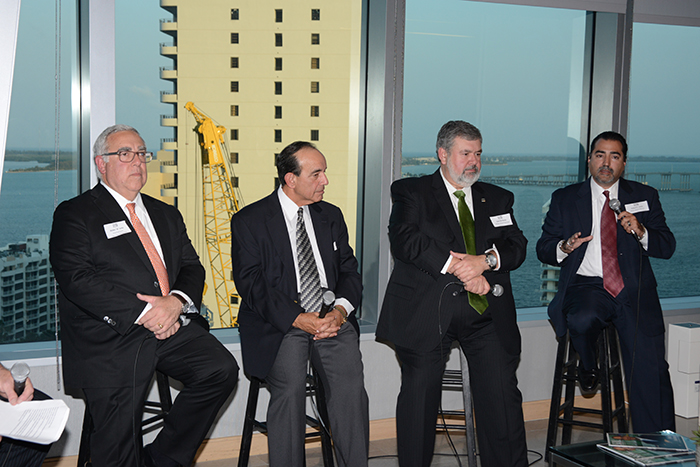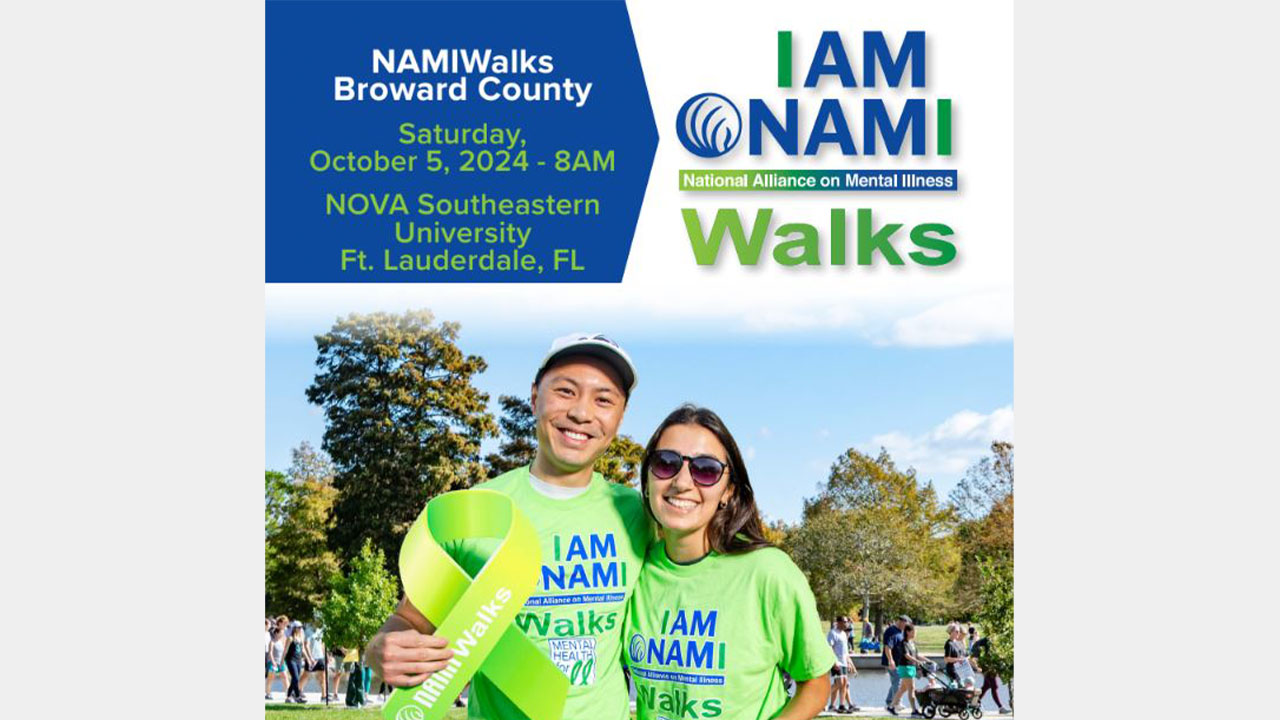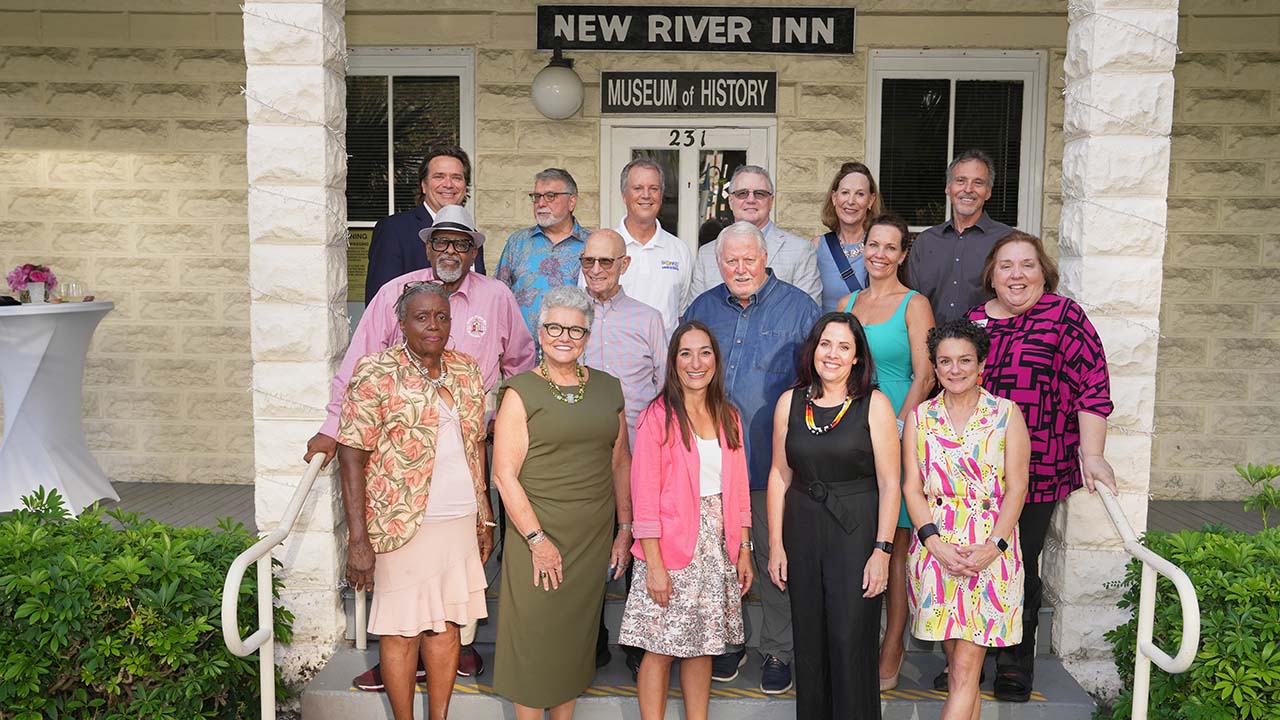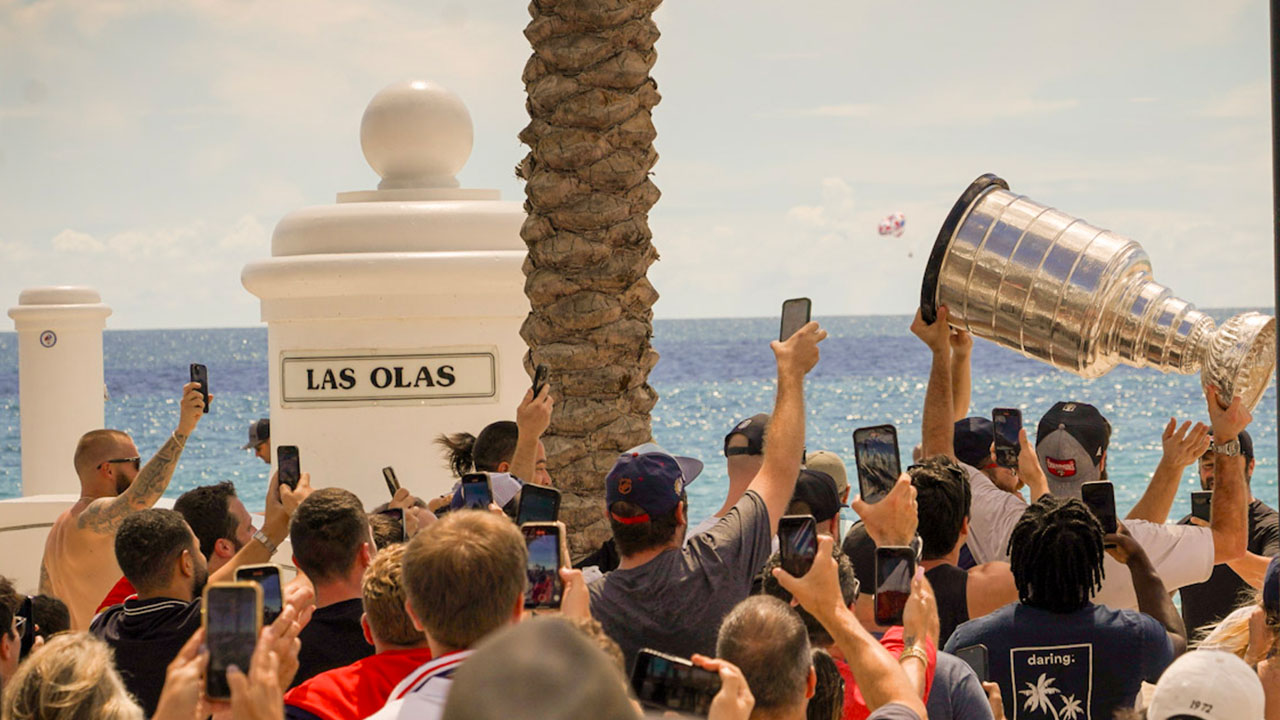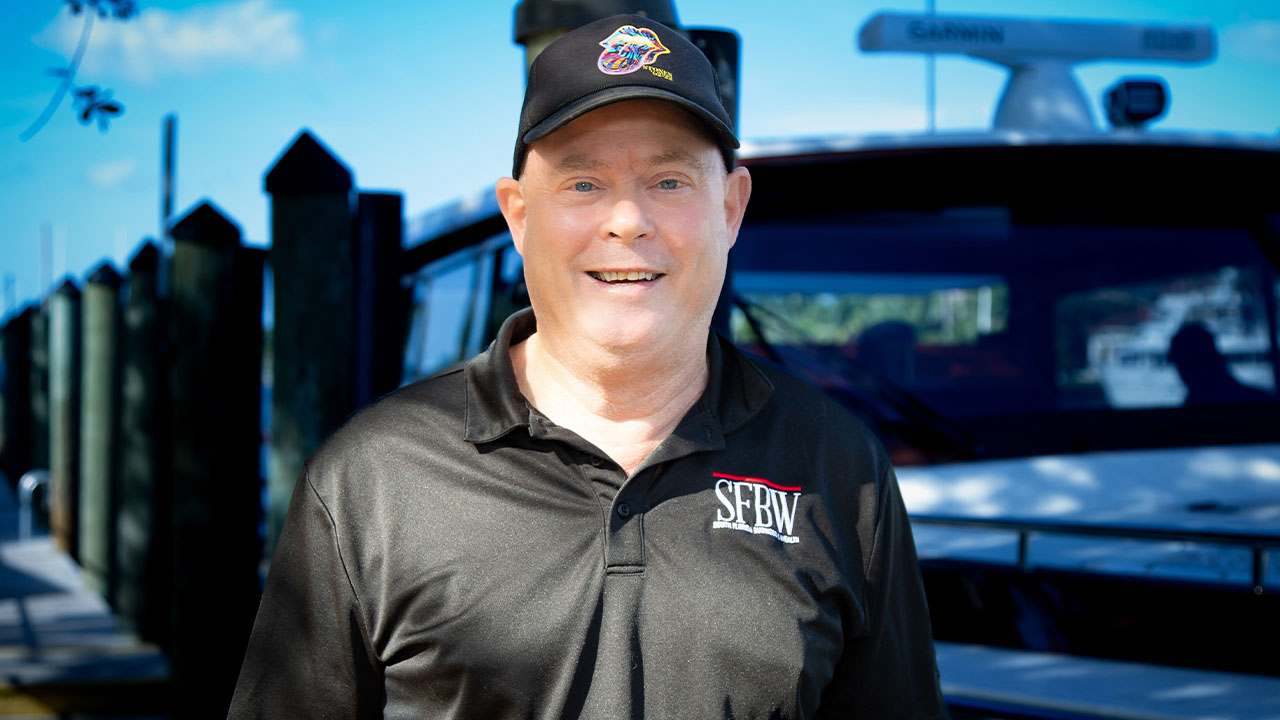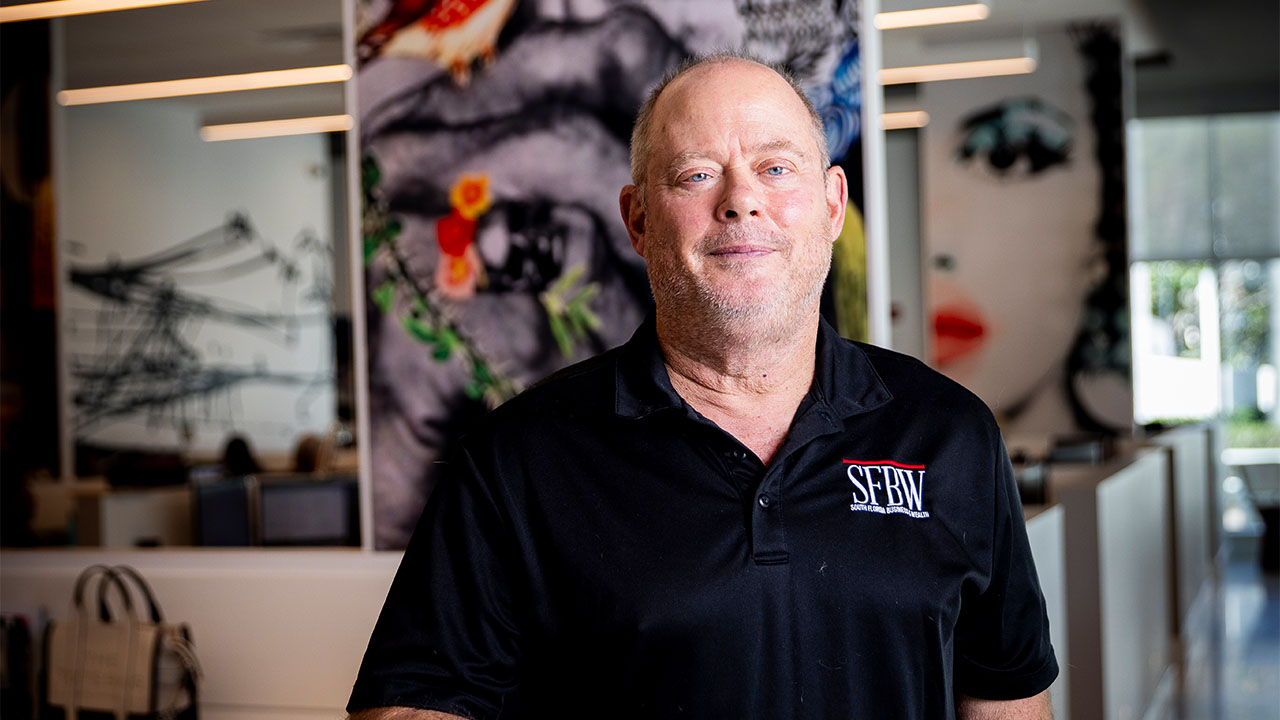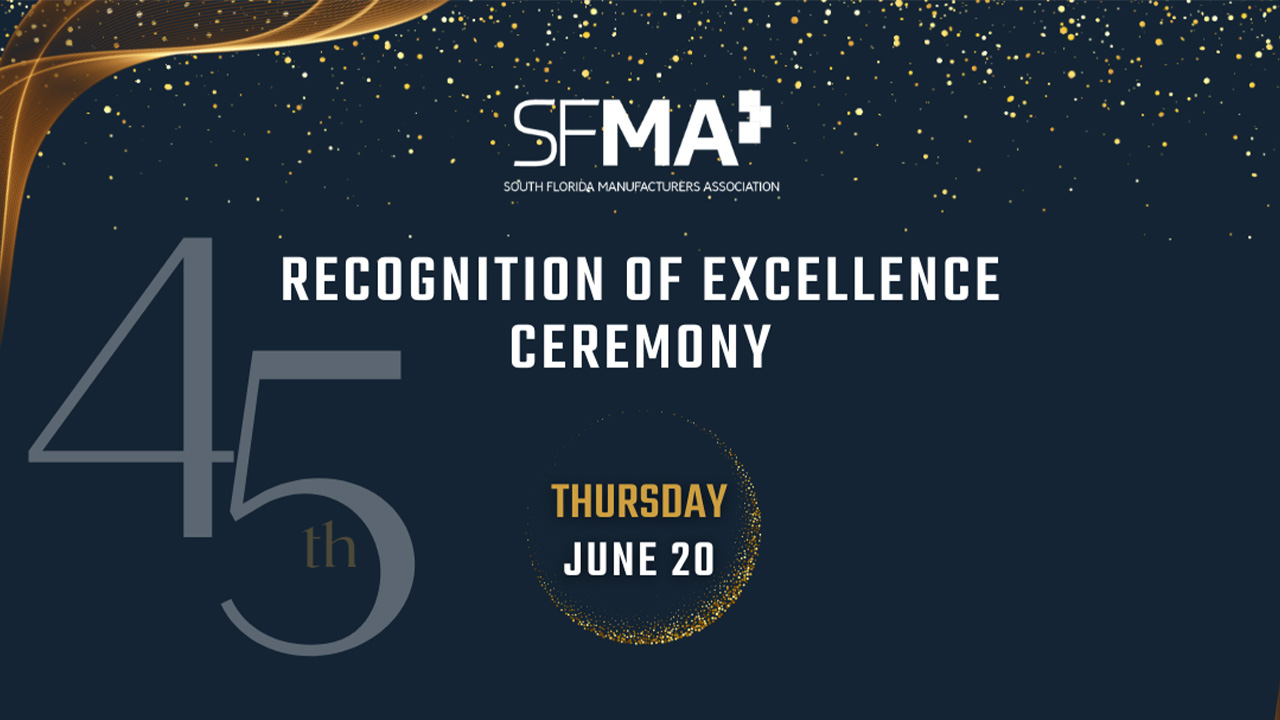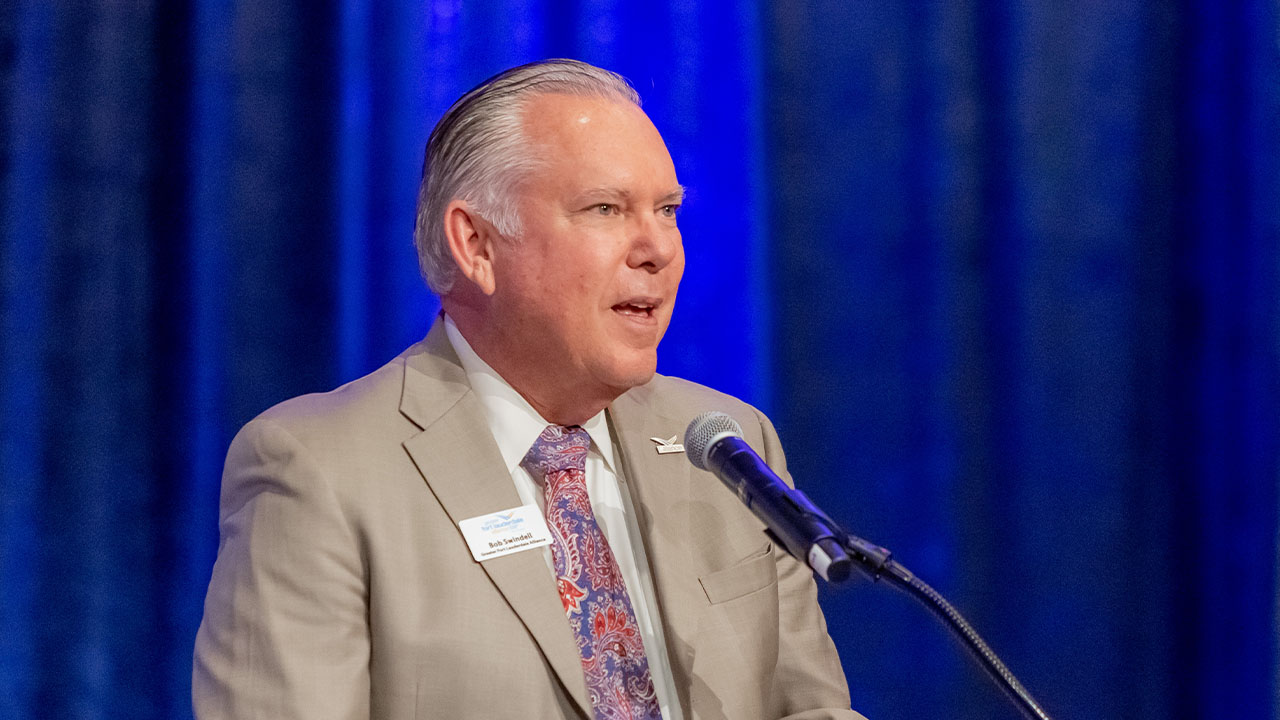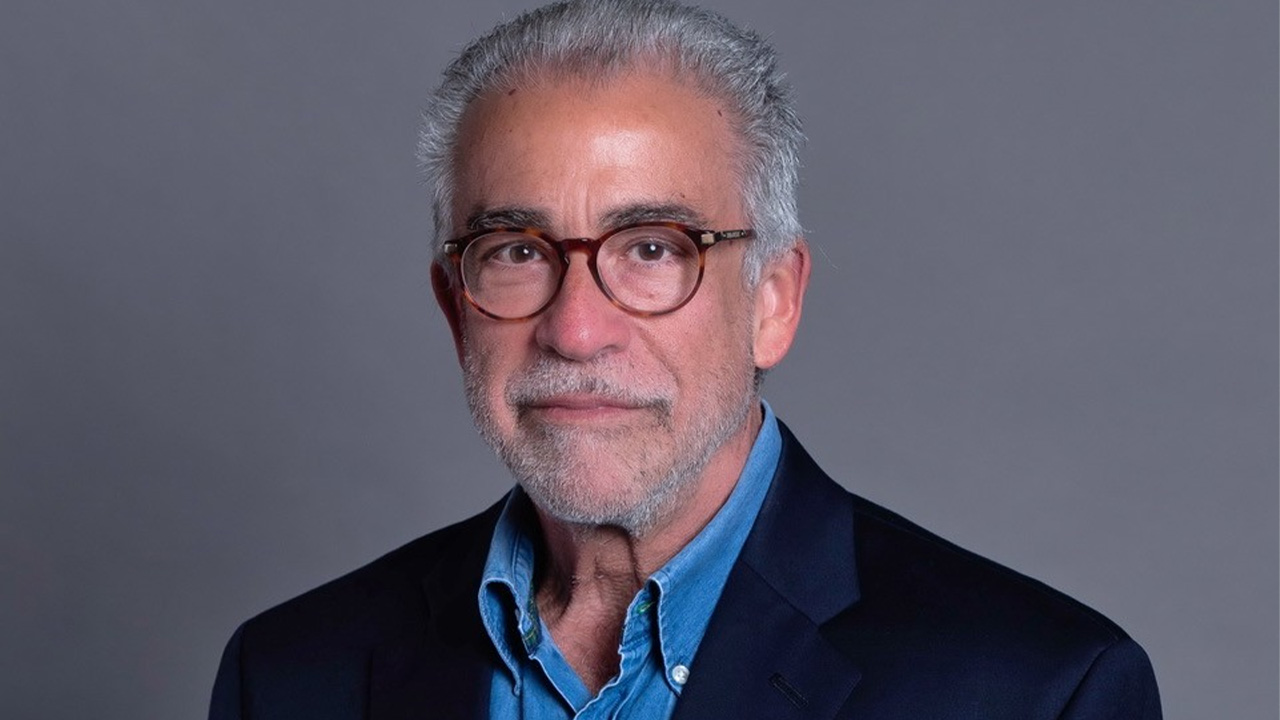However, many attendees at the discussion, held in the Brickell offices of MBAF, expressed appreciation that discussion is emerging.
Since SFBW’s February cover story on business with Cuba (https://goo.gl/gEsaOH), a bipartisan group of Senators introduced a bill to end the embargo. Presidential candidate Hillary Clinton had previously called for an end to the embargo.
However, Republican presidential contenders Jeb Bush, Florida’s former governor and a Miami resident, and U.S. Sen. Marco Rubio have opposed easing the embargo. U.S. Rep. Manny Diaz Jr. of Hialeah has introduced a bill objecting to the idea of ending the embargo.
The panelists each gave an overview of their expertise and how it relates to Cuba before taking questions from the audience. What follows is an edited transcript.
AVILA: This is a very controversial topic, but unless we deal with controversial topics, we’re never going to make any progress.
I’ve been involved with an international practice since 1980. I have advised domestic and foreign clients on issues around Cuba, especially many foreign banks that had found their accounts blocked as a result of the embargo. We assisted them in trying to obtain licenses to release their funds. We’ve advised them on how to conduct transactions and advised individuals and businesses on doing business in Cuba.
The reality is the embargo and restrictions to doing business are still in place. We still have a ways to go before we have a situation where we can have a true free and unrestricted basis to do business.
There’s been a lot of fanfare made about U.S. citizens traveling to Cuba using credit cards and debit cards. I would urge those trying to do that to check with their bank first. I think you will find that your bank will not permit it. There’s so much uncertainty, particularly because Cuba is still on the list of state sponsors of terrorism, that most banks, at least my clients and others that I’ve spoken to, are saying, “We’re not going to do this yet. We’re going to sit back and wait for more guidance.”
BABUN: Our Caribbean Basin Fund has been created for over 20 years, and what was an $8 million fund now is a $60 million fund that has been getting a lot of attention lately. Our Cuba Opportunity Fund will invest in companies that will benefit in Cuba at the appropriate time.
Today, there are only two areas that you can invest in Cuba: Agriculture and telecommunications. Both the U.S. government and the Cuban government have passed laws and regulations regarding allowing U.S. companies to invest in those areas.
Prior to 1960, the U.S. was Cuba’s main trading partner. 40% of all the product that left the Miami Customs District was earmarked for Cuba. We hear a lot about Cuba, but many don’t realize that it’s a country of 11 million people, the size of the state of Pennsylvania, longer than the state of Florida. Cuba has 10 international airports, 31 ports with cargo operations, 21,000 miles of highway and 9,200 miles of railroad. One day you will be able to ship from Chicago, put it on a car on the CSX railway, bring it down to South Florida, put it on the Cuban rail system and deliver it down to Santiago de Cuba. Almost every industrial facility is connected to the rail system.
The big news, or the one that gets most of our attention, is tourism. Cuba has over 2,000 miles of coastline, 280 pristine beaches, and every one of those beaches is crying out for a hotel. So everyone is looking at that. We could see soon the possibility of commercial airlines being able to fly to Cuba, and there are already negotiations about who will fly to Cuba, so we anticipate that air and maritime traffic will be the next area of growth.
DEL BUSTO: When President Obama passed these new rules, the question many had was what’s going to happen with banking operations. That’s my focus. [A few years ago], the Fed in Washington decided we needed to come up with a strategic plan if Castro fell and what we’d do from a Federal Reserve standpoint in Cuba.
For historical perspective, on Sept. 1, 1923, the Federal Reserve Bank of Boston and the Federal Reserve Bank of Atlanta opened offices in Cuba. So the Federal Reserve had a long standing of being involved in Cuba. At Bank of Boston International, the second biggest branch outside of Boston was in Havana. After the Spanish American War, the only currency Cuba circulated was the U.S. dollar. So there’s been a long standing involvement with U.S. banking in Cuba. So I was told by Washington to set up a strategic plan for banking in Cuba, and we did.
The dollar will continue to circulate in Cuba. When I retired from the Fed in December 2012, 68 percent of U.S. currency was abroad. Now it’s up to 73 percent.
When we set up the banking system in Cuba, it should be all electronic. We want to settle immediately, or at most overnight, because you never know with countries like this, that change their minds from one day to the other. You need to protect the banking system.
LEWIS: My focus is on alcohol and tobacco, two exciting products. If the embargo is lifted, there will be a rush to acquire Cuban rum and Cuban tobacco, not only in the South Florida market but it will permeate throughout the United States. One of the areas our practice focuses on is the alcohol regulations with respect to the legal and proper importation of Cuban rum and tobacco, but more importantly, some of the issues that surround some of the most popular brands today.
I’m sure we’re all familiar with Havana Club, which is one of the most successful rum brands in the world. There’s a Havana Club that’s produced in the Dominican Republic and shipped in by Bacardi, and there’s also a Havana Club being produced in Cuba in partnership with the Cuban government and Pernod Ricard, and sold in about 120 countries around the world. Havana Club is probably the fifth-largest rum brand the world. If the embargo is lifted, the intellectual property rights, which have been in constant litigation for about 17 years now, will become heated.
It’s similar on the tobacco side. Cohiba, Monte Cristo and Romeo y Julieta are some of the most popular brands in the world and any cigar aficionado is going to want to have their humidor filled with those products. It’s going to be interesting to see how that will play out with respect to an intellectual property perspective and trademarks, because we have American-based companies that have registered the name, for example, Cohiba. ?
The Panelists
Alcides “Al” Avila: Founding partner with Avila Rodrigues Hernandez Mona & Ferri. He represents U.S. and foreign clients in all aspects of bank regulation, lending, mergers and acquisitions.
Teo Babun: Managing director and CEO of the Herzfeld/Cuba Alternative Investment Division. of Thomas J. Herzfeld Advisors and former President and Founder of BG Consulting, a top provider of strategic services related to Cuba.
Juan Del Busto: Former regional executive in Miami for the Federal Reserve Bank and chairman of Del Busto Capital Partners.
Robert F. Lewis: Chairman of the alcohol beverage group at the law firm of Greenspoon Marder. He is also the managing shareholder of the downtown Miami office.
Audience Q&A
Q: Regarding rum and cigars, does Cuba have the production infrastructure to satisfy the demand?
LEWIS: If you ask the Cuban government, the answer is yes. But the truth remains to be seen. I don’t know if anybody here has a good appreciation for their production capacity on the distilling side. With Pernod Ricard being a partner with the Cuban government, in all likelihood those plants have been modernized and they’ll be able to meet the production demands.
BABUN: Twenty years ago, they cheapened their brand. The U.S. population, and populations around the world, are getting a lot more sophisticated in terms of rum. I have in my collection 47 Cuban rums, most of them are not anywhere near the top, because they’re not the quality that they used to be. They have to improve that. A lot of people will buy it because it says Havana Club Made in Cuba, regardless of what it tastes like. But I think they’ve geared up, modernized the plants to make good quantities of rum.
Alcides: Right now, Cuban cigars are easily attainable anywhere in Europe and Latin America. There have been a lot of things that have affected cigar production, including the amount of hurricanes in the past that have caused a lot of damage. But who remembers when you couldn’t get Coors beer here? Everyone wanted Coors beer because it was the greatest beer in the world. Then it became available to everyone. In terms of Cuban cigars, the fact that they’re unattainable, everyone wants one. Once they become readily available, people will recognize from a quality perspective that there’s a lot of good stuff out there already.
Q: How as an investor can you get your foot in there and get ready for the embargo to end?
BABUN: It’s completely illegal for us to invest in Cuba today, except in selling agricultural products to Cuba and very recently, telecommunications. The Commerce Department has published a list of all the telecommunications equipment and material you could invest in Cuba, and today a delegation from the United States is in Cuba negotiating, and the rumor is even US AID [the U.S. Agency for International Development] is involved in this area of telecommunications in Cuba. It looks like we’re putting a lot of emphasis to facilitate and modernize Cuba’s telecommunications area. That’s good for us because we’re trying to create a civil society and expand the amount of people who have access to communications.
There are delegations going to Cuba today from almost every place. Today, there’s a delegation there from the state of New York with the governor of New York. Next week, there’s one from Virginia. There are delegations going from every possible chamber of commerce you can imagine.
They are going to kick the tires, to look around. They can’t cut any deals. Under OFAC (the Office of Foreign Assets Control), you can’t negotiate anything or you’ll break the law. OFAC prohibits you from negotiating any deal if you can’t invest in a deal. But under OFAC there are a number of licenses that American companies and individuals can get into, mostly dealing with professional meetings. You can go to a professional meeting in Cuba and discuss an interesting presentation, particularly under the new investment law that was just published in November.
AVILA: It used to be that you had to get a specific license. One of the changes that occurred recently from the Obama executive order is that those licenses are now general licenses. You don’t need to have permission to go to Cuba to attend a convention or to study a situation. You just need to maintain records so you can prove that’s why you went.
Babun: And you have to follow those rules. OFAC specifically tells you if you’re going for a meeting, you have to go to that meeting. You’re not going on vacation, not going to the beach.
Q: Given that telecommunications is one of the areas that is taking the lead, what are the effective labor rates in Cuba, and would there be an opportunity to set up a call center?
Babun: There’s no question that Cuba will be easier to go to, much better than India, Pakistan, Burma for call centers. Today, that’s beyond the scope of the telecommunications investment process. Today, what we’re looking at are cell towers and wireless towers, and modernizing equipment.
Q: As a follow up, what is the level of Internet access in Cuba?
Babun: 15 percent. You can sign up for Netflix, but only about 10 people in Cuba have signed up.
Del Busto: The telecommunications system has to be in place with a lot of cyber security in order to transact business on the banking side in Cuba. Let’s say somebody visits from here and has family there and is a retiree, you have to have a lot of security and transmitting power to get transactions done. At the same time, if that individual goes to the farthest part of Cuba and decides to cash a check, how is that check going to get back and clear? Those electronic points in Cuba have to be in place.
Q: Fast forward five to even 10 years, and assuming there is in place a reasonable methodology for doing business, banking and legal protections for people to invest in Cuba, what does that do to Miami?
Babun: Fast forward five years from now, assuming the embargo is lifted and the U.S. banking system is in place with correspondent banks, assuming they’ve improved the telecommunications industry, you’ll be looking at a Miami River that is full of vessels going into Cuba. You’ll be looking at a PortMiami that is sistering with the port of Mariel in terms of trade, and a number of companies that will use Cuba to ship products and services to the United States.
Once the U.S. market opens, it’s not just us. It’s the Colombians, the Spanish, the Japanese, the Chinese, everybody is going to want to get into Cuba because it gives them access to the U.S. market 90 miles away. And 90 miles means us, Miami. That will mean a greater infrastructure in Miami to absorb that and all the benefits that will bring. It’s what a brand new frontier market does to a city like Miami.
Q. Robert, is that part of the opportunity you see from expansion with your practice at Greenspoon Marder?
Lewis: Absolutely. After the embargo is lifted and we see an influx of Cuban product, that’s going to enable our group to represent Cuban distilleries and tobacco growers, but also U.S. importers.
Q: Cuba is suffering from the same issues as other countries, an aging population, with negative growth prospects. What concerns do you have with that?
Babun: Cuba has the oldest population in the hemisphere and getting older, and that represents a tremendous problem to provide social security and housing for them. There is a 1 million home housing shortage. There’s an opportunity for developers from here to get in there. It’s a huge problem for the Cuban government to generate the funds to provide housing.
I don’t know that there’s anyone who can tell you what the solution is to the Cuban aging population and how it’s going to be mitigated going forward, except with a huge amount of export going out of Cuba. We predict that will happen because Cuba is full of mining, construction materials, of aggregates, and products we need here in South Florida. We expect at some point after the embargo, after Cuba changes its form of government, that exports from Cuba to the United States will be a huge money generator.
Q: There’s been an awful lot of investment by many states tied to the opening of the Panama Canal in 2016. A lot of these places will end up with egg on their faces if the embargo falls and Mariel takes precedence with a lot lower employment costs than ports in the U.S. How do you see Mariel playing out as one of the many ports that have thrown their hats into the Panama Canal rink and hope to land these post-Panamax vessels?
Babun: In talking to experts in the industry, people from Carnival and the port system, we believe the port of Mariel will be a wonderful incoming port for material, mostly from the United States, and only containerized cargo.
We don’t think Mariel will be able to compete as a transshipment port for a number of reasons. No. 1, they don’t have 55-foot depth. No. 2, they’re competing with PortMiami and other ports in the Dominican Republic and the Bahamas that are already in that business and have much better infrastructure.
If the Chinese go on with opening the canal in Nicaragua, we believe Mariel and Santiago will play a role in providing services.
Q: With 465 square kilometers of land in Mariel, do you think there is more of a threat to the maquiladora concept?
Babun: The problem with Mariel and the zone overall is they just don’t have the trained people. If they ever develop the entire Mariel area, they’re going to have to bring in people from outside Pinar del Rio to provide the services they need. If Cuba develops the entire Mariel zone, which they want to do, and all that becomes one factory next to another, then look out.
Q: What are the opportunities for healthcare?
Babun: Every major American healthcare institution that has facilities overseas is in one way or another looking at Cuba, because of the number of trained doctors. You read in the paper that Cubans don’t have access to facilities, but tourists do, and it is those facilities that become competitive in the market against the services provided in Brazil, Costa Rica and other places. We’re already seeing it.
Q: What has to happen from the legislative perspective for this to become reality?
Del Busto: Removal from the terrorist list is No. 1.
Alcides: The embargo needs to go away, but that’s not the silver bullet. You need financing and infrastructure. But once the embargo gets lifted and you get a plan in place, you’re talking a decade.



